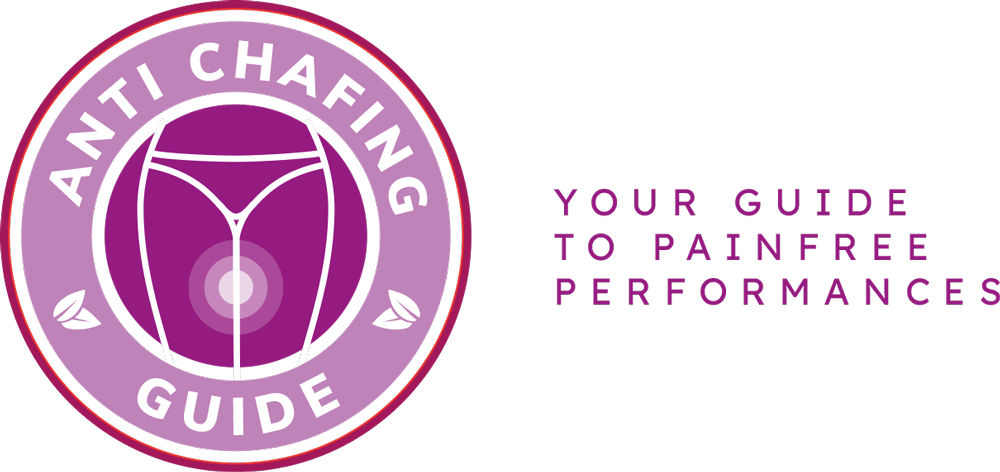Behind the Itch: Understanding Chafing Around the Anus and Effective Solutions!
Chafing around the anus is a common and uncomfortable condition that many people experience. It can cause itching, irritation, and even pain. Understanding the causes of anal chafing is crucial in finding effective solutions to alleviate and prevent this discomfort.
There are several factors that can lead to chafing around the anus. One of the main culprits is moisture. Excessive sweating or inadequate drying after using the bathroom can create a moist environment that promotes chafing. Friction is another common cause, especially in individuals who engage in activities that involve repetitive movements or prolonged sitting. Certain medical conditions, such as diarrhea, hemorrhoids, or skin conditions like eczema, can also contribute to anal chafing.
Thankfully, there are practical remedies to help manage and prevent anal chafing. Proper hygiene is essential, including gentle cleansing with mild soap and water, and ensuring thorough drying of the area. Moisturizers can be used to keep the skin hydrated and reduce friction. Protective barriers, such as petroleum jelly or zinc oxide-based creams, can provide a protective layer and reduce irritation. In some cases, medical treatments may be necessary, such as prescription creams or ointments.
By understanding the causes and implementing effective remedies, individuals can find relief from chafing around the anus and regain their comfort. It’s important to prioritize self-care and seek medical advice if the condition persists or worsens.
Causes of Anal Chafing
Anal chafing can be caused by a variety of factors, all of which can contribute to discomfort and irritation in this sensitive area. One common cause is moisture. Excessive sweating or inadequate drying after using the bathroom can create a moist environment that promotes chafing. Friction is another major factor. Activities such as walking, running, or cycling can lead to rubbing and irritation, especially if the skin is already sensitive or prone to chafing. Certain medical conditions can also contribute to anal chafing. For example, conditions like eczema or psoriasis can cause dry, itchy skin that is more susceptible to chafing. Additionally, conditions like hemorrhoids or anal fissures can cause pain and inflammation, making the skin more prone to chafing. It is important to identify and address the underlying causes of anal chafing in order to find effective solutions and prevent further discomfort.
Effective Remedies for Anal Chafing
When it comes to finding effective remedies for anal chafing, there are several practical solutions that can alleviate discomfort and prevent further irritation. The key is to focus on proper hygiene and use products that provide moisture and protection.
1. Proper Hygiene: Maintaining good hygiene is essential in preventing and managing anal chafing. Make sure to clean the area gently with mild soap and warm water after bowel movements. Avoid using harsh or scented products that can further irritate the skin.
2. Moisturizers: Applying a gentle moisturizer can help soothe and hydrate the skin, reducing friction and irritation. Look for products specifically designed for sensitive areas and choose ones that are fragrance-free and hypoallergenic.
3. Protective Barriers: Using a protective barrier, such as a cream or ointment, can create a barrier between the skin and potential irritants. Look for products that contain ingredients like zinc oxide or petroleum jelly, which can provide a protective layer.
4. Medical Treatments: If anal chafing persists or becomes severe, it may be necessary to seek medical treatments. A healthcare professional can prescribe medicated creams or ointments that can help reduce inflammation and promote healing.
Remember, prevention is key when it comes to anal chafing. Avoid tight-fitting clothing, especially underwear made of non-breathable materials, as they can contribute to chafing. Opt for loose-fitting, breathable clothing, and consider using talcum powder to help keep the area dry.
By following these practical remedies and taking steps to prevent further irritation, you can alleviate discomfort and promote healing for anal chafing. However, if the condition persists or worsens, it is important to consult a healthcare professional for a proper diagnosis and treatment plan.
Frequently Asked Questions
- What are the common causes of anal chafing?
Anal chafing can be caused by a variety of factors, including excessive moisture in the area, friction from clothing or physical activity, and certain medical conditions such as diarrhea or hemorrhoids.
- How can I prevent anal chafing?
There are several preventive measures you can take to avoid anal chafing. These include keeping the area clean and dry, using a gentle cleanser during bathing, wearing breathable and loose-fitting underwear, avoiding tight clothing, and using a protective barrier cream or ointment.
- What are some effective remedies for anal chafing?
If you are experiencing anal chafing, there are several remedies that can provide relief. These include applying a soothing moisturizer or ointment to the affected area, using over-the-counter hydrocortisone cream to reduce inflammation, taking warm sitz baths, and avoiding scratching or rubbing the area.
- When should I seek medical attention for anal chafing?
If your anal chafing persists for more than a week despite home remedies, if you experience severe pain, bleeding, or discharge from the area, or if you have a known underlying medical condition, it is advisable to consult a healthcare professional for further evaluation and treatment.
- Can anal chafing be a symptom of a more serious condition?
While anal chafing is often caused by minor irritations, it can sometimes be a symptom of an underlying medical condition such as a fungal infection, sexually transmitted infection, or inflammatory bowel disease. If you are concerned about the underlying cause of your anal chafing, it is best to consult a healthcare professional for an accurate diagnosis.


Keith is originally from Truckton, Colorado. The 54-year-old cared for his overweight wife for many years. Keitch is also a freelance editor at antichafing.net and supports the team as a competent advisor. In his spare time Keith enjoys reading books, visiting his homeland and is a passionate product tester for well-known manufacturers.

